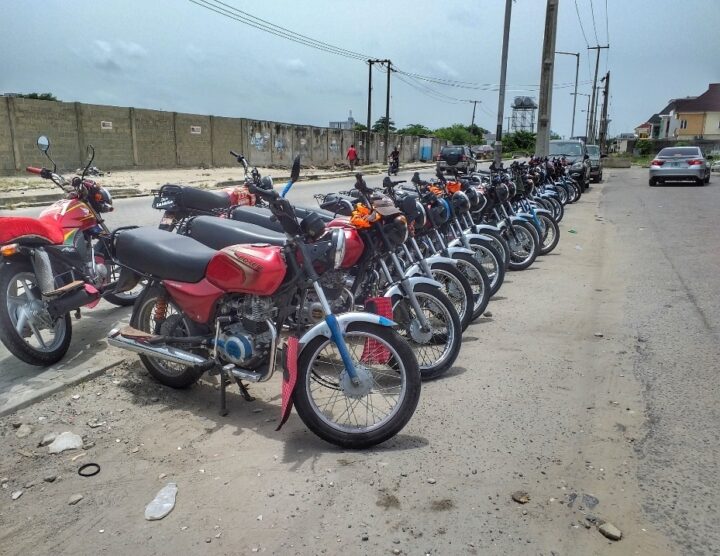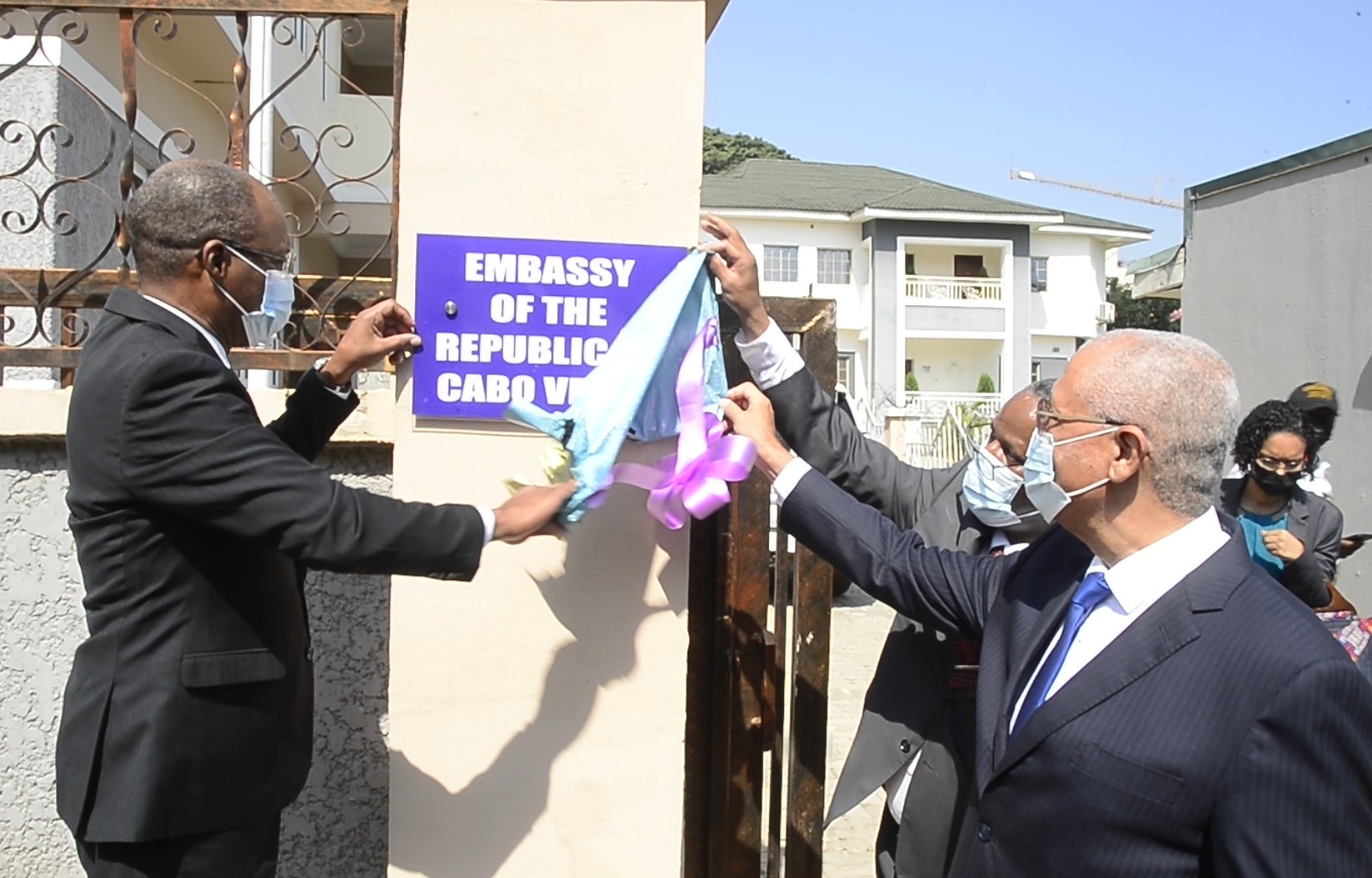Pic.4. Some commercial tricycle operators and other motorists queue for petrol at a filling station at Dutse Junction in Abuja on Monday (1/3/21).
00856/1/3/2021/Jones Bamidele/O/NAN
The International Monetary Fund (IMF) has advised the federal government to completely remove subsidies on fuel and electricity in early 2022.
In the staff concluding statement of its 2021 Article IV Mission published on Friday, the IMF said Nigeria should implement revenue-based fiscal consolidation.
The federal government had said it would remove petrol subsidy in July 2022.
Last week, Zainab Ahmed, minister of finance, budget and national planning, disclosed plans to pay transport allowance to Nigerians for six or 12 months to cushion the effect of fuel subsidy removal.
Advertisement
The Bretton Woods institution said the country needs major reforms in fiscal, exchange rate, trade and governance to promote sustainable growth.
“The complete removal of regressive fuel and electricity subsidies is a near-term priority, combined with adequate compensatory measures for the poor,” the statement reads.
“The mission stressed the need to fully remove fuel subsidies and move to a market-based pricing mechanism in early 2022 as stipulated in the 2021 Petroleum Industry Act.
Advertisement
“Well-targeted social assistance will be needed to cushion any negative impacts on the poor particularly in light of still elevated inflation.
“In addition, the implementation of cost-reflective electricity tariffs as of January 2022 should not be delayed.
“Nigeria’s past experiences with fuel subsidy removal, which have all been short-lived and reversed, underscore the importance of building a consensus and improving public trust regarding the protection of the poor and efficient and transparent use of the saved resources.”
The IMF also projected that despite high oil prices, Nigeria’s fiscal deficit would widen in 2021 to 6.3 percent of gross domestic product (GDP).
Advertisement
It said this was a reflection of implicit fuel subsidies and higher security spending, adding that it would remain till 2022.
The IMF also said over the medium term, without bold revenue mobilisation efforts, fiscal deficits could stay elevated above the pre-pandemic levels with public debt increasing to 43 percent in 2026.
“General government interest payments are expected to remain high as a share of revenues making the fiscal position highly vulnerable to real interest rate shocks and dependent on central bank financing,” the statement adds.
On the foreign exchange situation in the country, the IMF observed that continued reliance on administrative measures to address persistent foreign exchange shortages was negatively impacting confidence.
Advertisement
It recommended a reduction of administrative measures and adoption of a market-clearing unified exchange rate.
“The discontinuation of the official exchange rate is a step in the right direction but continued dependence on administrative measures to address FX shortages sustains uncertainties and increases the risks of a sudden and large adjustment in the exchange rate,” the statement adds.
Advertisement
“Taking advantage of the favorable global conditions, improving current account and robust oil prices, the mission advised a move to a unified and market-clearing exchange rate without further delays.
“To preserve competitiveness, any exchange rate adjustment should be accompanied by clear communications regarding exchange rate policy going forward, macroeconomic policies to contain inflation and structural policies to facilitate new investment.”
Advertisement
The IMF also listed near-term priorities for Nigeria to include the implementation of e-customs reforms, including efficient procedures and controls, developing a value-added tax (VAT) compliance improvement programme, improving compliance across large, medium, and micro/small taxpayers and rationalising tax incentives and customs duty waivers.
Advertisement
1 comments







imf is anti people , africa shall stop united state and europe loan